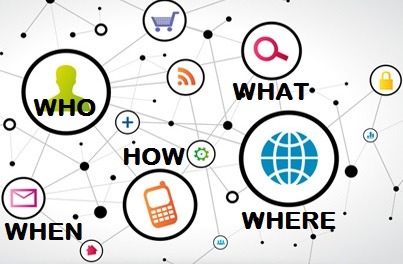Historical Context
2. In my opinion the Nazis were to blame for the Reich-stag fire. To begin with the historical context needs to be considered, Hitler had just became Chancellor of Germany and he aimed to remove all the opposition to himself, and furthermore blaming the communists was a method he used in order to make people believe their ideas. On the other hand we can claim that the evidence presented stated that the fire started in many places inside the building therefore is unlikely that just one person acted alone.
3. The social context is important to understand the vested interests of the wider community in order to know their beliefs and opinions at the time of the event.
The Context of Questions and Answers
Activity 3
The interviews portray clearly why context matters. When the context for an 8 years-old is formal, inadequate for his age, the boy isn’t relaxed, on the contrary he is tense and because of it the interview isn’t as profitable as the second interview, where the boy is relaxed (feeling as equal as the interviewer, having something to eat, accompanied by his best friend) and he gives a full description of the plane, showing clear differences and giving detailed and wider information.
Activity 4
The context affects the answer the people give, therefore this might be shaped according to different aspects we should be aware of in order to asses the credibility of it. In the case presented, each group gave a different answer, this is due to interviewer’s effect and the linguistic context of the question. Since a slightly different question was asked to each group, different answers were expected. People tend to respond in terms of the way they perceive the question.
The linguistic context have a great effect on the evidence. Sometimes the interviewer might ask leading questions, which are worded in different ways in order to direct the witness to a particular answer.




